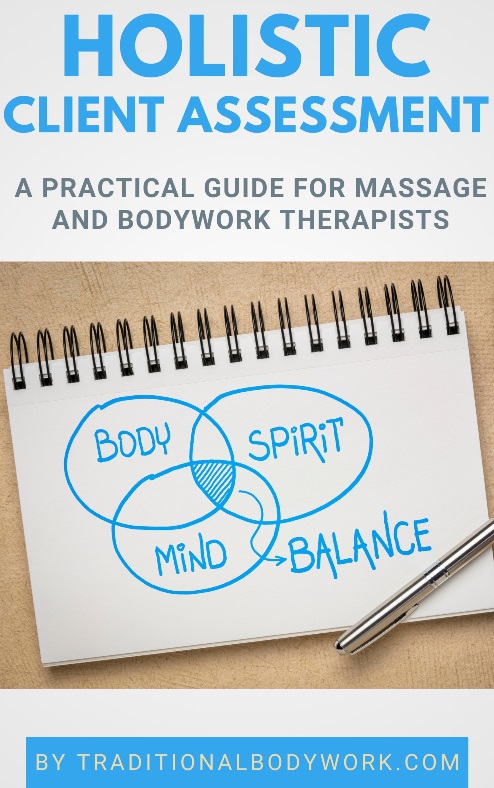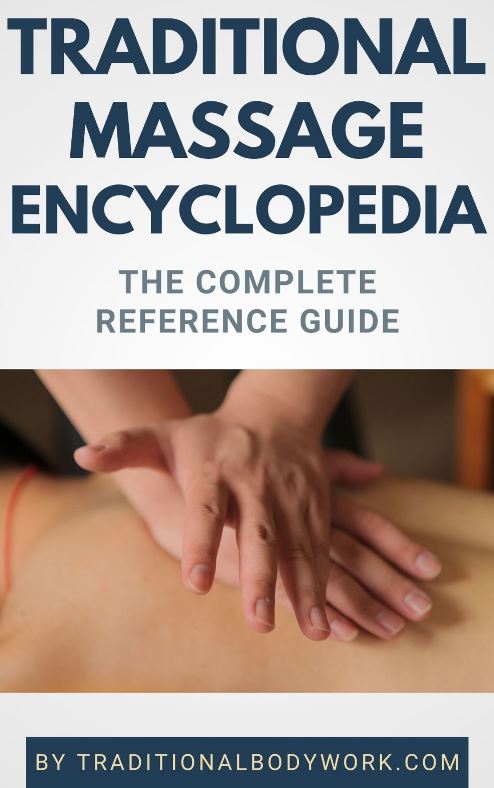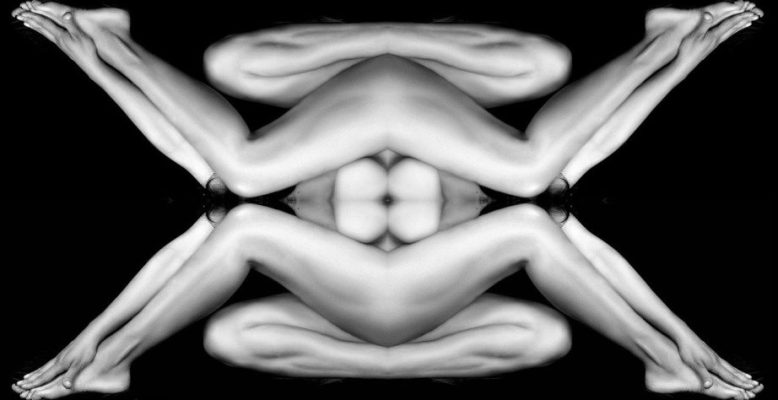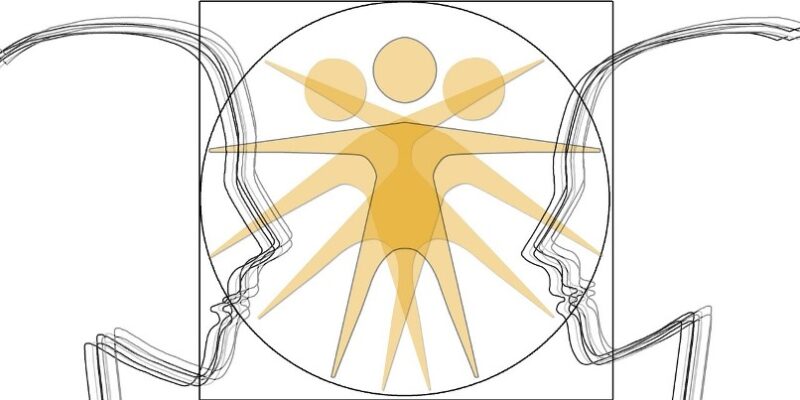
Holism is the idea that systems have characteristics as a whole that supersede, surpass or transcend the single properties and functions of the specific individual parts it’s made of.

In fact, in Holism it’s thought that the various components of a system together form a unity, a synthesis and mode of operation as a whole, which cannot be explained only from out the function and properties of its constituents.
For instance, a person’s consciousness, emotions and/or thinking process could be explained as emerging or materializing only as a function of the combined parts and elements of the body, characteristics that are not to be found in the single parts or elements.
That is, one could say that a human being “emerges” as a whole entity — a holistic phenomenon — as the result, interaction, and interdependencies of its physical and physiological parts. This also implies that if one of the parts of the system changes, the whole system changes.
In addition, the emergent properties of a system can also change the system itself and may give rise to or influence other emergent and non-emergent properties. For instance, if we think about some hurt we suffered in the past, it may give rise to sadness (an emotion, which could be considered an emergent property), and in the long run continued sadness may cause psychosomatic health issues, such as digestive problems, peptic ulcers, or high blood pressure.

Another important concept behind the idea of Holism is that “the whole system” tends to respond to both internal and environmental influences, a process in which its parts work together to bring the whole into a more adapted, balanced or more advanced state, and as such expressing a new synthesis.
In this regard, we also need to consider that medication and other treatments that are used to heal illnesses (or suppress symptoms of illnesses) will influence the system as a whole and not only the part(s) it’s targeted to. This aspect, of course, accounts for the well-known side effects of treatments.
Holism, with regard to health, also refers to various lifestyle practices, such as one’s job occupation, diet and nutrition, education, exercise, and healthcare, which are elements that affect a given human being as a whole. Lifestyle changes are therefore often seen as additional tools to influence one’s health and wellbeing.















